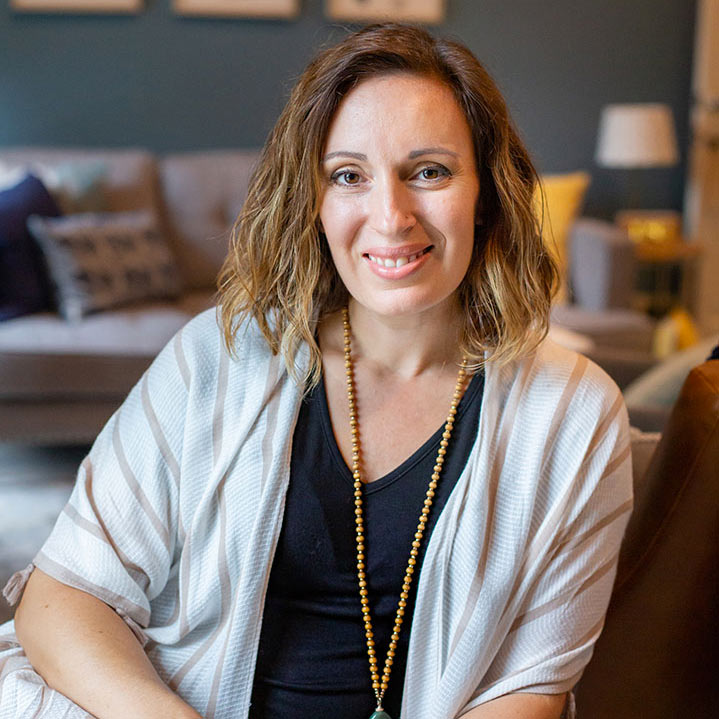People who have not experienced first-hand the counseling process often have lots of questions about what it entails. Hollywood images of laying out on leather couches while someone with a tight bun or wire rimmed glasses scribbles continuously on a clipboard can lead people to be apprehensive about beginning counseling.
Though I can not speak for any other therapist, I can tell you a little of what you can expect from a typical counseling session with our Atlanta Counselors at Fava Counseling Associates.
1. WE ARE JUST REAL PEOPLE.
Yes, all of our therapists have been trained extensively in both the art and theory behind counseling and psychology as well as a host of approaches for helping people with a variety of different concerns, but at the heart of it all, we are real people not that different from you. We all have a slightly different style, which is a mix of our own personality, life experiences, and specific training. Hopefully when you meet your Atlanta therapist, you will feel warmth and a genuine interest in you as a person.
2. WE VIEW COUNSELING AS A COLLABORATIVE PROCESS.
Your Atlanta counselor is not the only expert in the room. You are a much larger expert on yourself than we can ever be. We rely on and welcome your feedback and honesty about how you feel the process is going. In order to be most effective, we need your accurate descriptions of yourself and the situations in your life, and your active participation. Counseling will not work if it is only one-sided.
3. THERE IS FLEXIBILITY ON THE LENGTH AND DURATION OF COUNSELING SESSIONS.
Usually sessions are 50 minutes long, which allows us to schedule people on an hourly basis, and typically research supports that therapy is more effective when it occurs once a week on average. There are some times we see people for longer sessions, or more frequently, and other times where we drop down to meeting every other week or once a month as people’s need for therapy decreases. As far as overall length, there is no one set answer. Some people come for a few weeks, some for a few years. This is something our team usually discusses with our clients individually when we first start counseling, and we check in around their goals throughout the process to make sure we are both in agreement about expectations for duration.
4. THERE IS A GOOD AMOUNT OF PAPERWORK TO GO THROUGH IN THE FIRST SESSION.
The very first session is very different from any other sessions because we have to get a lot of information from you, and discuss how we keep that information and your records confidential. This first session is more like a consultation, where we go into more detail about what to expect from counseling, and you and your therapist both take some time to get to know each other and learn what has led you to begin counseling. After the first session, though, there will be very little if any more paperwork for you. You do not have to arrive early to fill out any paperwork though, as we have you complete it all online before we meet. Once you book your first session, you will receive an email with a link to our secure client portal, which will allow you to complete all your paperwork online from the comfort of your own home.
5. COUNSELING IS NOT A MAGIC CURE OR QUICK FIX…
People are complex. Usually whatever is causing people to come for counseling is influenced by a whole host of factors, relationships, and situations (not to mention a lifetime of learning and experiences), and it takes time to learn about it all and begin making changes. Some things may be easier to begin working on, and we will help you get some relief and give strategies that provide positive outcomes quickly, but other aspects will take time to work through.
6. …BUT, THERE IS SOMETHING ALMOST MAGICAL ABOUT THE COUNSELING PROCESS.
Research has been done on what makes the counseling process effective. They’ve looked at different therapeutic approaches or qualities of the counselor, but one thing shows up consistently.
People often experience change based on nothing other than their decision to begin counseling.
We have worked with several people who report seeing things begin to change for the better rather quickly, as their decision to start counseling may provide the last push or level of support they needed to start doing something different in their lives.
Hopefully that answers some of your questions about what therapy is like. If you have other specific questions or concerns, please schedule a free consultation call with one of our team members, and we will be happy to discuss those with you.

